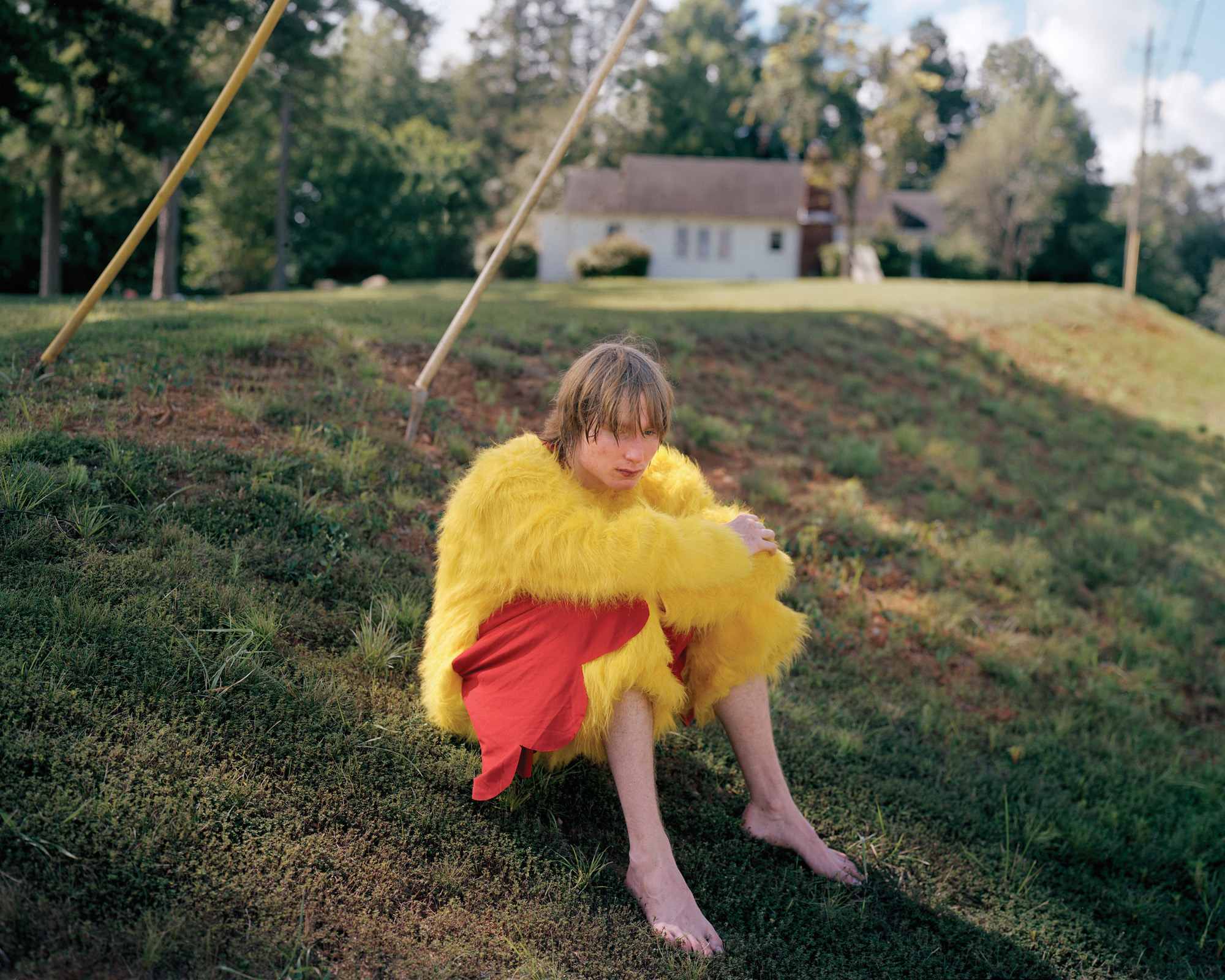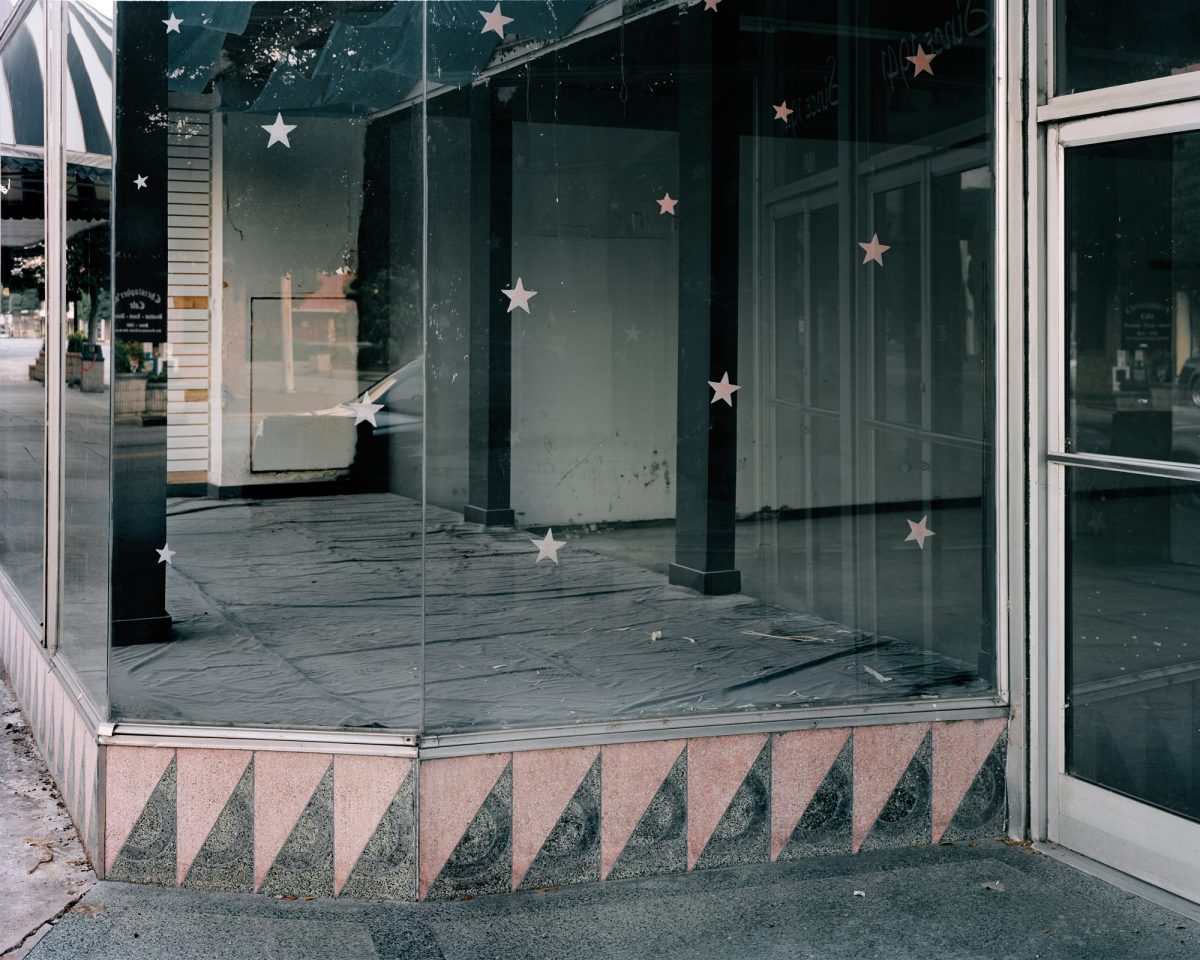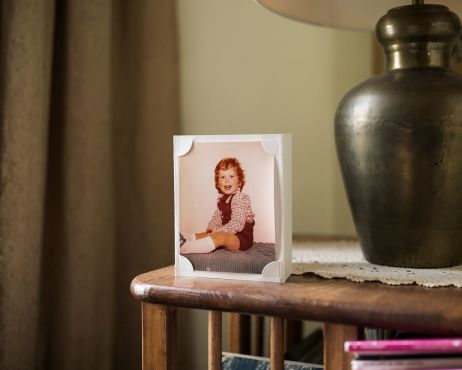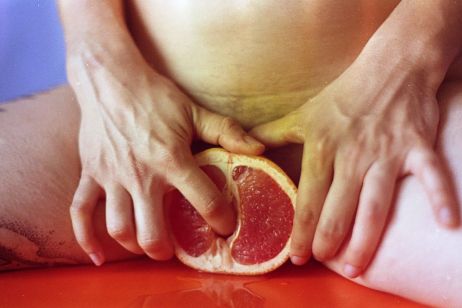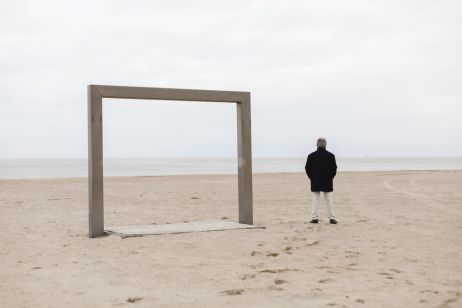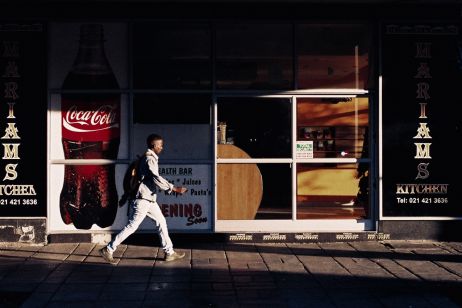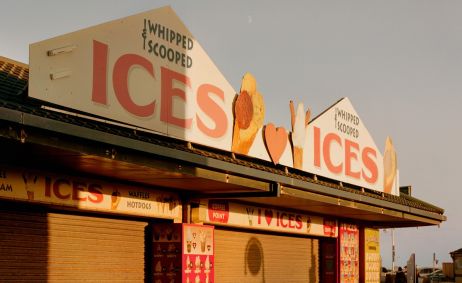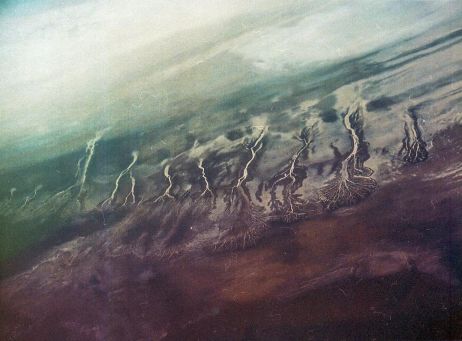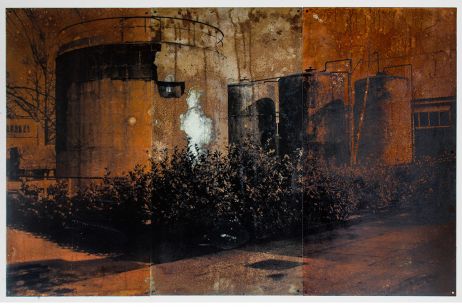Aaron Canipe lives in North Carolina, in the United States. In April 2015, he finished his series “Plateau”, shortly after winding up his thesis. Inspired by music and American literature, “Plateau” is a record suffused with nostalgia, filtered through a soft and delicate darkness that’s barely perceptible.
Fisheye: Hi Aaron. Who are you?
Aaron Canipe
: I’m a photographer, a teacher, someone who’s shy and full of worry, and an attentive observer.
What did you try to express when making your series “Plateau”?
I think there was a time when I wanted to express a specific feeling… It doesn’t matter now that the curiosity I had has been lost. The possibility of telling lots of stories and showing as many lives as possible is what pushes me to observe and photograph the place where I live. At its core, this series is about exploring a certain region of the world that, in its specificity, can nevertheless speak to everyone. In the end, “Plateau” speaks of lost innocence, finding consolation in work and play, all of it wrapped in a sort of dry humour across an inverted cosmological space.
Why did you baptise it “Plateau”? Is it a reference to the song by Meat Puppets (1984)?
The term “plateau” is an allusion. Plateaus are a topographic feature of the Piedmont region and the foothills of North Carolina, where I take photos most of the time. The word also evokes a period of stagnation or reversal. From a more personal point of view, there’s a community named “Plateau” near to where I live. It’s also the name of a road I used to take when going to school. The fact that it’s the name of a song by one of my favourite groups is a bonus. I wanted to reproduce the song’s cyclic rhythm in a photographic sequence.
How did you think about and work on this series?
I started on “Plateau” when I was travelling through North Carolina, simply by photographing everything that grabbed my attention. The moment I started to restrain myself in the shots I took, to think about it more, was the moment I became more conscious of the process I was getting myself into. The end of my thesis allowed me to set a limit; I finished this series last April. I made some small print runs in a 5×7 format, and I arranged them on the table like a card game. At that moment editing became crucial. I’m still not sure the result corresponds with what I wanted to say, or if this is the form in which it should have been said.
If you had to describe “Plateau” in three words?
The hills beyond.
Which is your favourite photo? Why?
I’m drawn to mural paintings, hand-made vernacular objects. My favourite image has always been this picture of a mural painted on the side of a building in Southern Pine, in North Carolina. Like my images, the landscape painted here is someone’s idea of where they live: a few houses, very little vegetation, the hills… There are six small pine trees on the wall that have always fascinated me; they bring a balance to the landscape.
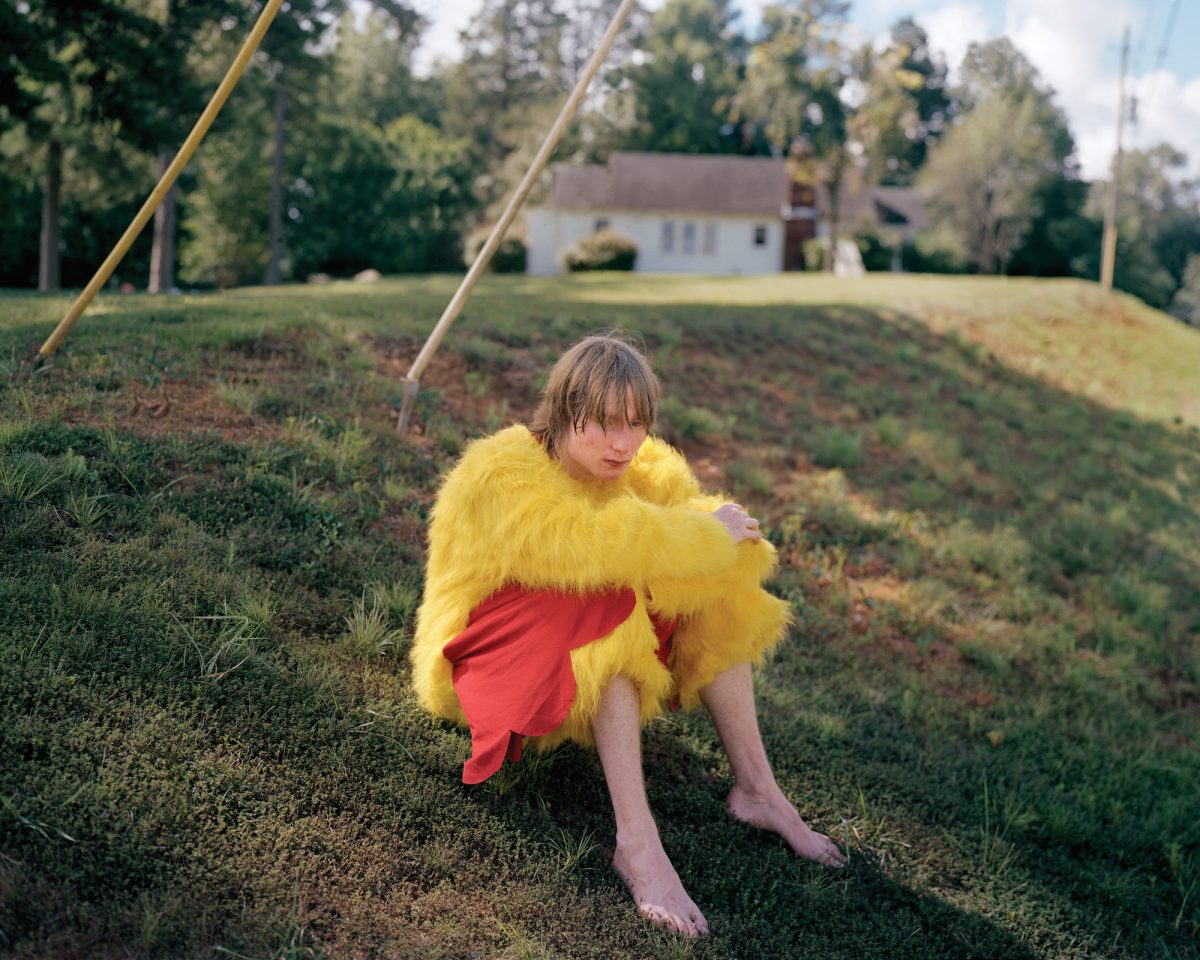
What were your influences for this work?
There are several. The literature of North Carolina, especially Thomas Wolfe, and also Flannery O’Connor, from Georgia. My photographic influences are anchored in the work of Robert Adams, and the pretty cool and removed approach of Walker Evans. And I’d say one of my biggest influences is gospel music and this Christian song that talks about rejection, “This World Is Not My Home”.
There’s a certain nostalgia to be found in your series. Do you agree?
It’s steeped in nostalgia, and it’s also a romanticised vision of a world I love. I don’t really know what to do about this nostalgia, or what it will become. I want to leave a bit of room for obscurity, to let it subtly filter through. My way of thinking and photographing is definitely coloured by nostalgia, but I wouldn’t say it’s predominant in “Plateau”. It exudes a softness that I think is vital.
Why is photography part of your life? Why have you chosen this form of art to express yourself?
Photography is part of my life because it helps me think more deeply about myself, as well as other people. It pushes me to be engaged and curious. It allows me to be in the outside world, while still preserving the one inside me. It also pushes me to look at the light, to meditate and to look at things I couldn’t see before. Sometimes that comes through writing, other times by looking through the lens. The magic is in these ineffable and unfathomable moments of everyday life, which are found just below the road you’re travelling along. Those are the moments I’m constantly looking for.
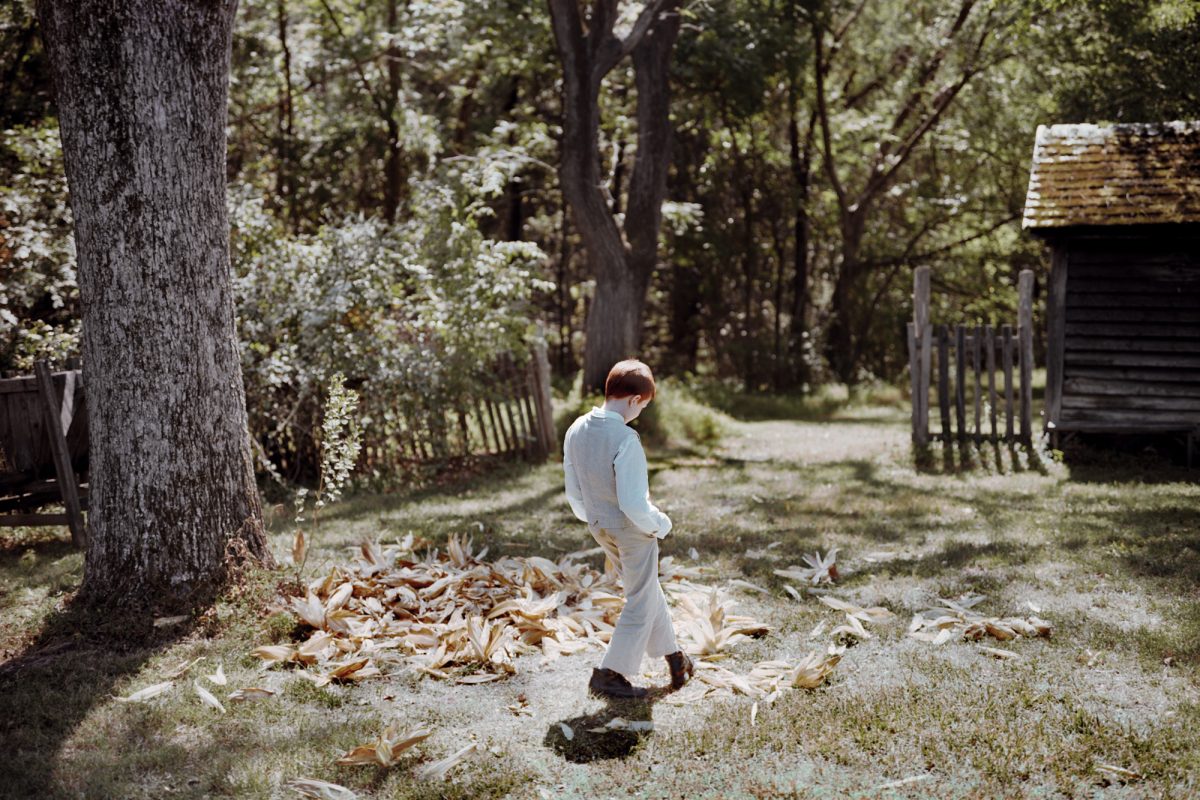
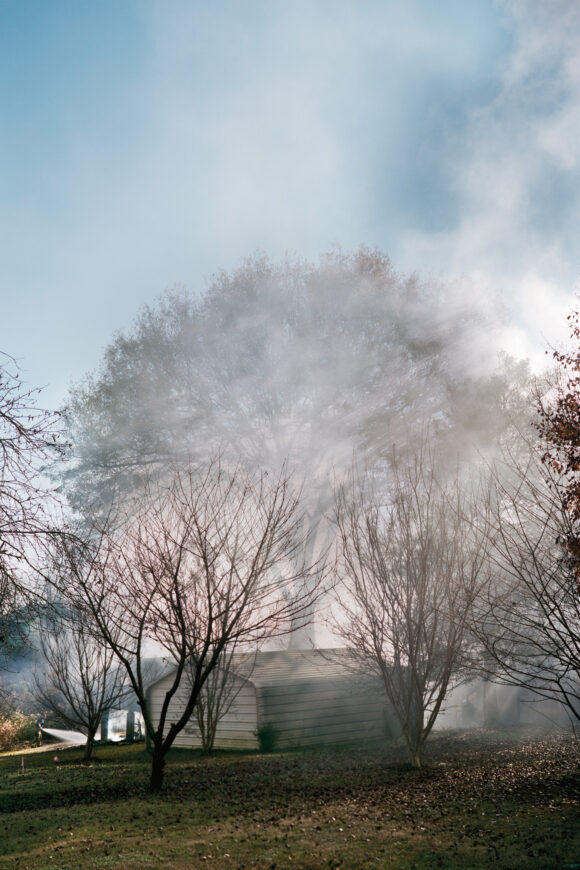
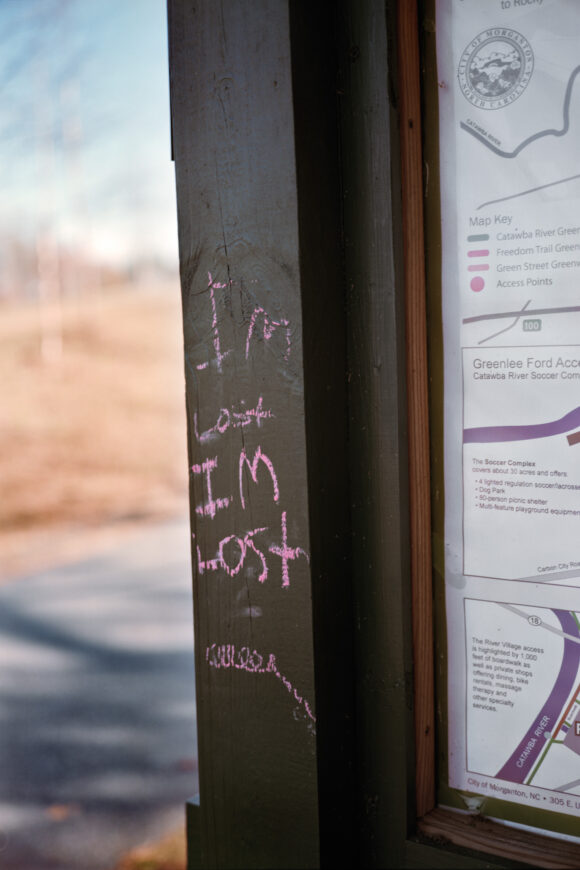
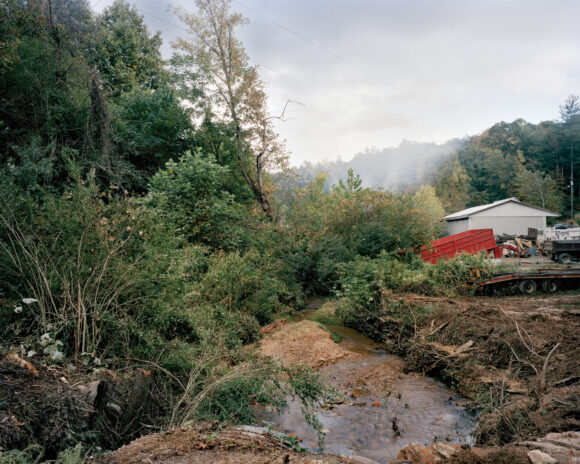
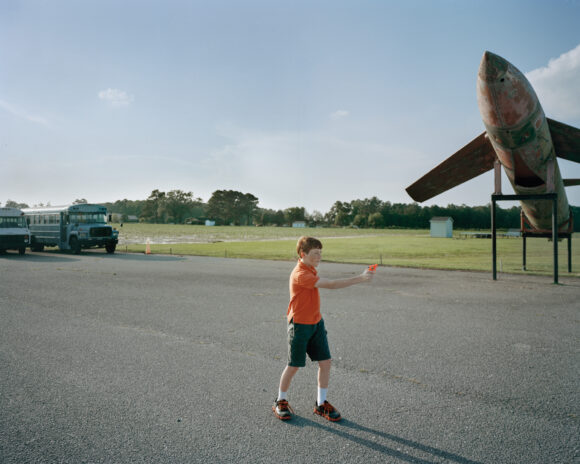
Images by © Aaron Canipe
